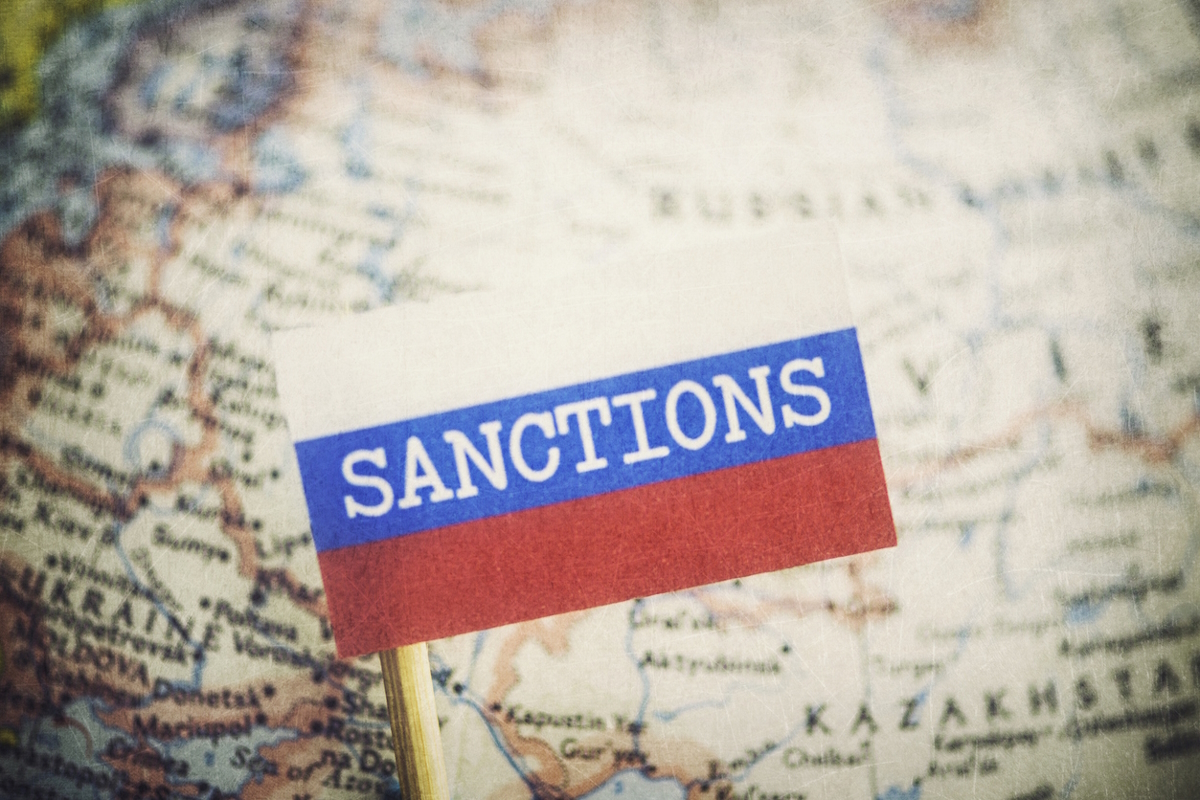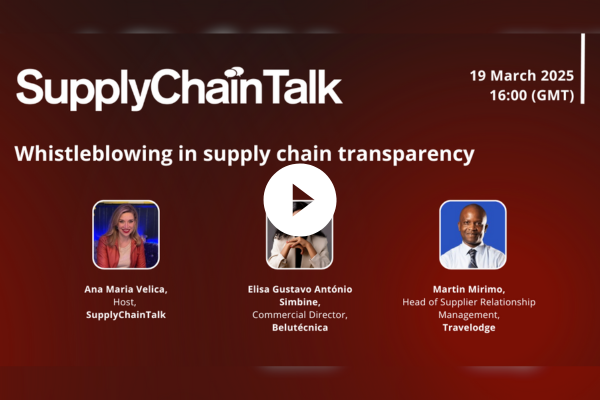Complying with financial sanctions

Mikhail Vishnyakov and Anna-Rose Davies at Cooke, Young & Keidan describe the challenges in navigating the complex web around the UK’s financial sanctions regime
Failure to comply with the UK’s evolving and expanding financial sanctions regime may have significant financial and reputational consequences. Additionally, financial sanctions may impact on existing contracts, exposing parties who are seeking to comply with sanctions to a risk of claims.
Accordingly, the significant increase in sanctions-related disputes heard in the English Courts is unsurprising. These disputes are likely to be here to stay.
Who is sanctioned under the UK sanctions?
One of the key sanctions restrictions is the “asset freeze”, which, broadly speaking, prohibits the provision of any funds or economic resources to individuals or entities that are designated (sanctioned) by the UK, and requires funds or economic resources of sanctioned entities and individuals to be frozen. This is a drastic measure, the practical effect of which is to end commercial relationships with sanctioned parties.
This restriction also extends to entities that are “owned or controlled” by those who are sanctioned under this measure (even if such entities are not expressly named as sanctioned). This, of course, necessitates careful due diligence of Russia-related parties.
However, although the sanctions legislation seeks to define “ownership” and “control”, the assessment of the latter remains challenging and a landmark case on this point is working its way to the Supreme Court (NBT v Mints [2023] EWCA Civ 1132).
Briefly, the Court of Appeal opined that any entity in which a sanctioned person “calls the shots” is itself sanctioned under the “control” test. Moreover, the Court of Appeal did not shy away from the corollary of that conclusion: given the UK’s designation of Mr Putin, “the consequence might well be that every company in Russia was ‘controlled’ by Mr Putin and hence subject to sanctions.” The Court of Appeal further noted that this is not a consequence of the “control” test, but of the decision to designate Mr Putin. Accordingly, a different outcome would, in the Court of Appeal’s view, require legislative change.
No legislative change has been forthcoming, but in November 2023, OFSI and the Foreign, Commonwealth & Development Office (“FCDO”) issued a statement confirming that – in their view – “control” would not be established merely by the incorporation of an entity in a jurisdiction where a sanctioned public official “has a leading role in economic policy or decision-making.”
Accordingly, financial institutions find themselves with the noxious task of reconciling the comments of the UK’s second highest court with the authority’s statement when ascertaining the sanctions status of Russia/Russia-related entities.
Is every Russian company sanctioned?
In another recent case (Litasco SA v Der Mond Oil and Gas Africa SA & Anor (Rev1) [2023] EWHC 2866 (Comm)), a party sought to argue that the major Russian oil company Lukoil, while not being expressly designated, was “controlled” by designated persons, and therefore money due under a contract to Litasco (a Swiss subsidiary of Lukoil) could not be paid to it because it was sanctioned.
The High Court held that the “control” test should be read and applied with a focus on existing influence, rather than potential control. In this case, Lukoil’s CEO did not control Lukoil, because they had resigned as CEO shortly after they were sanctioned.
Furthermore, Lukoil was not a state-owned entity and there was no evidence to suggest that Lukoil was currently under the de facto control of Mr Putin. As such, the sanctions regime did not apply to Lukoil, and payments were able to be made under contracts with Lukoil and its subsidiaries.
It remains to be seen whether the emphasis on the current state of affairs versus the ability to “control” will also be addressed by the Supreme Court in NBT v Mints.
Importance of contractual clauses
If sanctions impact on a contract, the terms of that contract should be carefully reviewed. There may be force majeure or illegality clauses that may apply and need to be triggered with care (for example, by giving notice in a prescribed form).
For example, in MUR Shipping v RTI Ltd [2022] EWCA CIV 1406, a shipping company entered into a freight contract with RTI pursuant to which the shipping company would transfer goods and RTI would pay the shipping company in USD. US sanctions were imposed that meant that payments in USD to the shipping company would likely be blocked by the US correspondent bank, and it therefore invoked the force majeure clause.
The force majeure clause required the party relying on it to exercise “reasonable endeavours” to overcome the alleged force majeure. The key question for determination was whether the shipping company could be required to accept payment in Euros (instead of USD). The Court of Appeal (by a majority) held that “reasonable endeavours” could include accepting payment in Euros rather than USD. This decision has been appealed, and the Supreme Court judgment is awaited.
By way of further example, in Litasco (discussed above), the defendant party argued that no European clearing bank would make payments to Litasco. It sought to rely on a force majeure clause, such that the refusal by the banks to make the payment was an event that was “beyond the reasonable control” of the party which “delayed, hindered or prevented” the defendant party from complying with their payment obligations.
However, the Court found that the force majeure clause was not engaged. Sanctions had made the method of performance more difficult, rather than preventing the performance of the contract itself.
The defendant party also argued that a clause in its contract with Litasco provided that performance of the contract shall be in compliance with various sanctions regimes, including that of the UK.
However, the defendant party failed to prove that the UK sanctions regulations were applicable because the contract was between a Swiss subsidiary of a Russian company and two Senegalese companies, in relation to the sale of Nigerian crude which was delivered to Senegal. This defence was therefore also dismissed.
This case serves as an important reminder that, while it is not always clear what can and can’t be done under sanctions regimes, a sanctions-based defence to non-performance will not be accepted by the English Court without scrutiny.
Mistaken reliance on sanctions
Recently, the London Branch of Unicredit Bank (“Unicredit”) was held by the English High Court to have wrongfully withheld payment under letters of credit issued in relation to leases of aircraft to Russian companies, because its assessment of the sanctions restrictions was mistaken.
In 2022, Celestial and Constitutions (“C&C”) made valid demands for payment under letters of credit confirmed by Unicredit (and issued by the Russian bank, Sberbank (who had, since the letters of credit were issued, become a designated person) in respect of aircraft leases entered into in 2005 and 2014. Unicredit refused to pay under the letters of credit, stating that it was prohibited from making payments due to the sanctions imposed by the UK, US, and the EU.
Unicredit further argued that because the payment obligation was in USD, any clearing payment would have to go through the US, which would be illegal.
The Court found that Unicredit was not relieved of its obligation to make payment, nor prohibited from doing so. The intention of the sanctions regime was to ensure financial assistance was not provided to designated parties. Payment by Unicredit did not discharge Sberbank’s obligations (as Sberbank was still liable to Unicredit); therefore, the payments would not benefit the Russian entities involved.
In relation to the potential criminal offence being committed in the US, the Court found that C&C were entitled to demand payment of USD in cash in London, which would not involve any illegal action in the US. This is a noteworthy conclusion because the payment obligation in this case was about USD 45 million.
A long-term issue
When dealing with transactions and contracts involving sanctioned parties (or parties controlled/potentially controlled by sanctioned individuals), there is scope for uncertainty. Decisions typically need to be made quickly, balancing the need for sanctions compliance with mitigating the risk of potential claims.
The steep increase in sanctions-related cases is therefore not surprising, and given that the statutory limitation period for bringing claims may not lapse for several years, the wave of these cases are unlikely to recede in the near future.
Mikhail Vishnyakov is a partner and Anna-Rose Davies is an associate of Cooke, Young & Keidan
Main image courtesy of iStockPhoto.com and CatLane

Business Reporter Team
Most Viewed
Winston House, 3rd Floor, Units 306-309, 2-4 Dollis Park, London, N3 1HF
23-29 Hendon Lane, London, N3 1RT
020 8349 4363
© 2025, Lyonsdown Limited. Business Reporter® is a registered trademark of Lyonsdown Ltd. VAT registration number: 830519543





